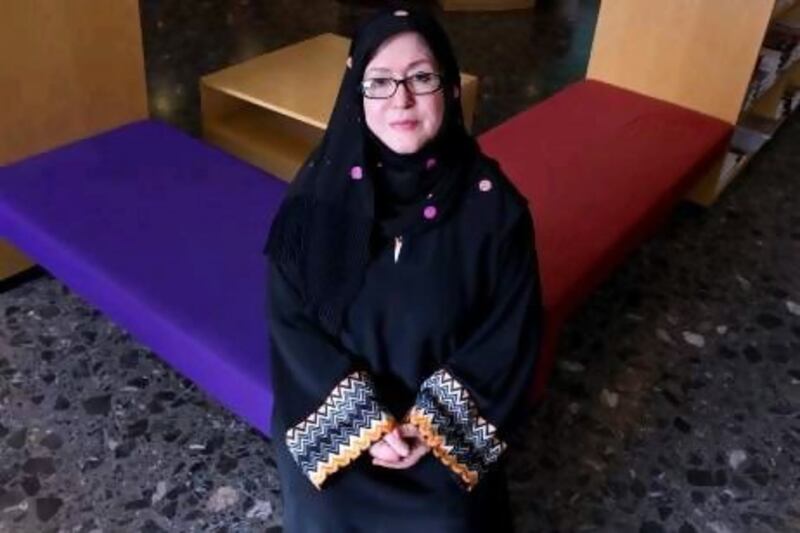Laila Al Khaja has been waiting a long time to see her recipes in print. Twenty-five years after moving to the UAE from her native Jordan, Al Khaja - a mother of two who is married to an Emirati - has achieved her dream.
She smiles as she recalls that it was only when she arrived in Dubai that she began to cook in earnest ("Before I could only sit and watch in my mother's kitchen") and there are tears in her eyes as she describes her joy at finally holding a finished copy of With a Pinch of Spice.
Al Khaja says that the 80-plus recipes in the book are reflective of her life experiences. "My ideas come from all over: from my travels, from my friends, from my background. I love cooking and I love seeing people eat my food," she explains. "I cook Arabian dishes, but I like to give them a twist, to add new ingredients. My son lives in Thailand and Thai food is my favourite. I love it."
This open-minded approach to fusing flavours and cooking styles from across the globe is very much in evidence throughout the book. A recipe for aromatic chicken parcels takes its inspiration from Arabian stuffed vine leaves, yet the meat is marinated in chilli, sugar, soy sauce and mashed kiwi fruit; Japanese-style nori rolls are stuffed with mashed potato, and butter kofta combines a murgh makhani sauce with Middle Eastern spiced lamb meatballs.
Al Khaja says that the some recipes, such as the luxury gingered chicken parcels on page 117, came about through chance. "One day, when I was making my gingered chicken, my husband happened to pick up a piece and wrap it in a lettuce leaf and it was delicious. So I quickly wrote the recipe down." Other dishes are clearly influenced by her travels (Thai ingredients feature prominently, thanks to her son), while recipes such as Kenyan-style mandazi bread have been given to her by friends.
There are certainly a number of more traditional Middle Eastern recipes in the book, such as kibbeh, moutabel and ma'amoul, but, more often than not, there is something slightly unusual about them. Even the Jisheedeh Shark Nest, a dish Al Khaja describes as a traditional Emirati one that is little known outside the UAE, is given a makeover two pages later, when it is made using salmon, as per the recipe below.






